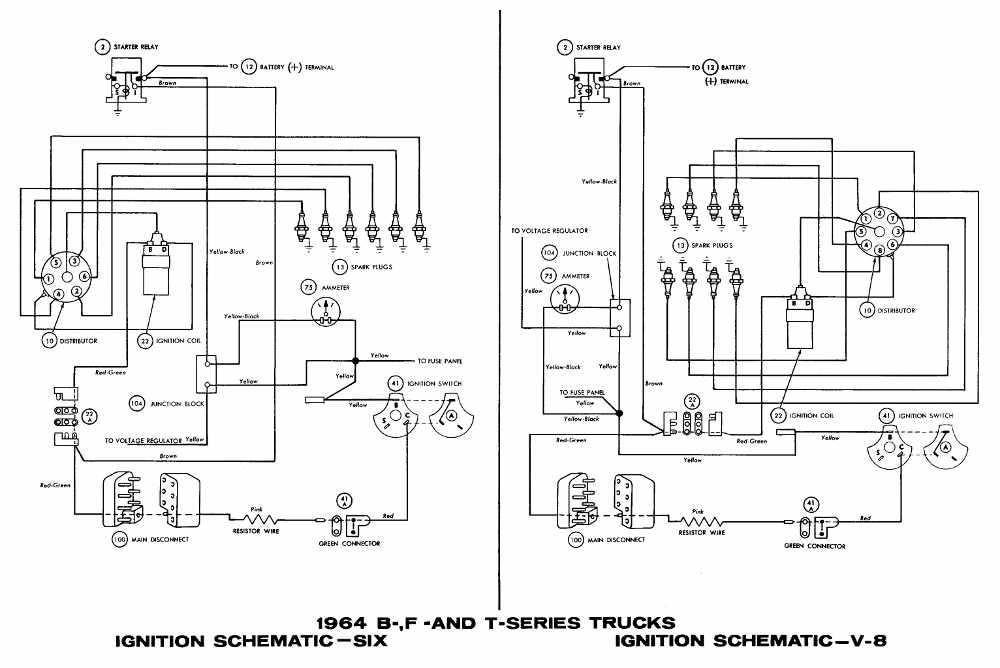When it comes to understanding the electrical system of your Ford 3000 tractor, having a clear and detailed ignition switch wiring diagram is essential. The Ford 3000 Ignition Switch Wiring Diagram provides a visual representation of the electrical connections and wiring layout of the ignition switch, allowing you to troubleshoot and repair any issues that may arise.
Why Ford 3000 Ignition Switch Wiring Diagrams are Essential
Having access to a Ford 3000 Ignition Switch Wiring Diagram is crucial for several reasons:
- It helps you understand the electrical system of your Ford 3000 tractor.
- It allows you to identify and locate specific components within the system.
- It serves as a guide for troubleshooting electrical issues and making repairs.
How to Read and Interpret Ford 3000 Ignition Switch Wiring Diagram
Reading and interpreting a Ford 3000 Ignition Switch Wiring Diagram may seem daunting at first, but with a little practice, you can easily navigate through the diagram. Here are some tips to help you:
- Start by familiarizing yourself with the symbols and color codes used in the diagram.
- Identify the key components such as the ignition switch, battery, starter, and other electrical connections.
- Follow the wiring lines to trace the electrical flow and connections between components.
Using Ford 3000 Ignition Switch Wiring Diagram for Troubleshooting
When faced with electrical problems in your Ford 3000 tractor, the ignition switch wiring diagram can be a valuable tool for troubleshooting. Here’s how you can use it effectively:
- Identify the specific circuit or component that is causing the issue.
- Trace the wiring connections to check for any loose or damaged wires.
- Refer to the diagram to understand how the electrical system is supposed to work and pinpoint the source of the problem.
Importance of Safety
Working with electrical systems can be dangerous, so it is crucial to prioritize safety at all times. Here are some safety tips to keep in mind when using wiring diagrams:
- Always disconnect the battery before working on any electrical components.
- Use insulated tools to prevent electrical shocks.
- Avoid working on electrical systems in wet or damp conditions.
- If you are unsure or uncomfortable working with electrical systems, seek help from a professional mechanic.
Ford 3000 Ignition Switch Wiring Diagram
How to Wire an Ignition Switch in a Ford 3000: A Comprehensive Diagram

Ford 3000 Tractor Ignition Switch Wiring Diagram – Database

Ford 3000 Ignition Switch Wiring

ford 3000 ignition switch wiring diagram

Ford 3000 Tractor Starter Wiring Diagram

Ford 3000 Tractor Ignition Switch Wiring Diagram Data – vrogue.co
